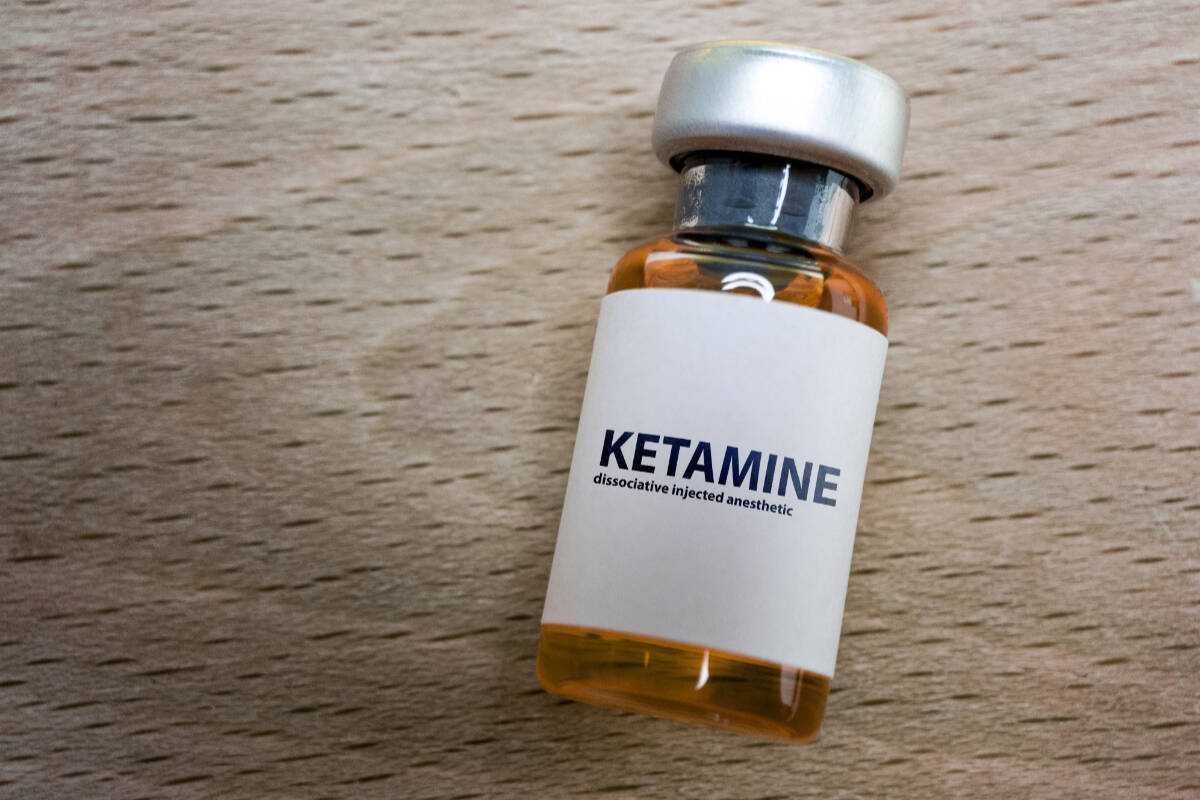Ketamine is the latest tool that could possibly help with a range of various mental health concerns, says Heesoo Cho, co-founder of SABI Mind, a B.C.-based group that specializes in psychedelic treatments.
“It is an accessible tool and regulated compound,” Cho says.
Anxiety disorders have been where ketamine therapy has been most successful.
According to the Canadian Psychedelic Survey, nearly half of the individuals reported substantial decreases in use of tobacco, alcohol and other illicit substances, with 25.9 per cent of participants reporting decreased use for five weeks or more.
Since the pandemic, there’s been a shift in looking at how psychedelics like ketamine and magic mushrooms may benefit to those suffering long-term or severe mental illness.
“The pandemic opened a lot of eyes to mental health and how much attention it actually deserves. And there hasn’t been much innovation in the mental health space for some time,” Cho says. “I think psychedelics really look to address the root cause of these things.”
READ MORE: Mental health clinic gets results with ketamine
While there is no direct addictive nature to ketamine, it could introduce habitual use along with dependency down the road. That is why SABI Mind ensure the dosing of ketamine is done in a controlled setting — not to be taken home and used later.
“We don’t prescribe at-home use, we are in a clinic under supervision,” Cho says. “No one is going to be able to take anything home.”
People wanting to pursue ketamine therapy will need a referral from their family doctor or specialist. After the team at SABI Mind receives the referral, they will do a preliminary overview of what has been sent to them. Based on that information there will be a screening with SABI’s psychiatrist.
“If there is more information that we need — more medical history or labs — we request that from the referring practitioner,” Cho says.
The conditions that ketamine therapy helps can range from major depressive disorders, PTSD and general anxiety disorder, to chronic pain conditions, including headaches and migraines.
“There is some scientific literature to suggest bipolar disorder two has shown some positive benefit.”
READ MORE: Federal court ruling sets back health workers seeking psilocybin mushroom access
Dosing of ketamine is done at 0.5 milligrams per kilogram of body weight and is administered intra-muscularly with little talking being done during this session.
“There is no real talk therapy that happens in the ketamine dosing session. We really just support them through an internal journey.”
Therapy can last from eight to 10 weeks, with ketamine dosing taking place from four to six weeks. A 90-minute preparation therapy session precedes the dose and an integration therapy session follows within 72 hours of receiving a dose.
“(It) helps get them kind of prepared for the treatment program. Maybe outline some goals and arm them with some tool to navigate some of their experiences.”
The Victoria centre has been in place since February, had a wait-list of 60 people and recently opened its doors on June 12. SABI Mind runs a centre in Calgary, in addition to the one in Victoria. The centre in Calgary has seen a positive response rate, higher than what the scientific literature suggests.
“The scientific literature suggests anywhere from 60 to 70 per cent. We have been batting around 85 per cent in Calgary. So that’s 85 per cent of participants seeing some form of benefit.”
To get the week’s latest must-read stories from the cannabis world direct to your inbox, sign up for our weekly newsletter at canadianevergreen.com. You can also follow us on Facebook, Instagram and Twitter.

